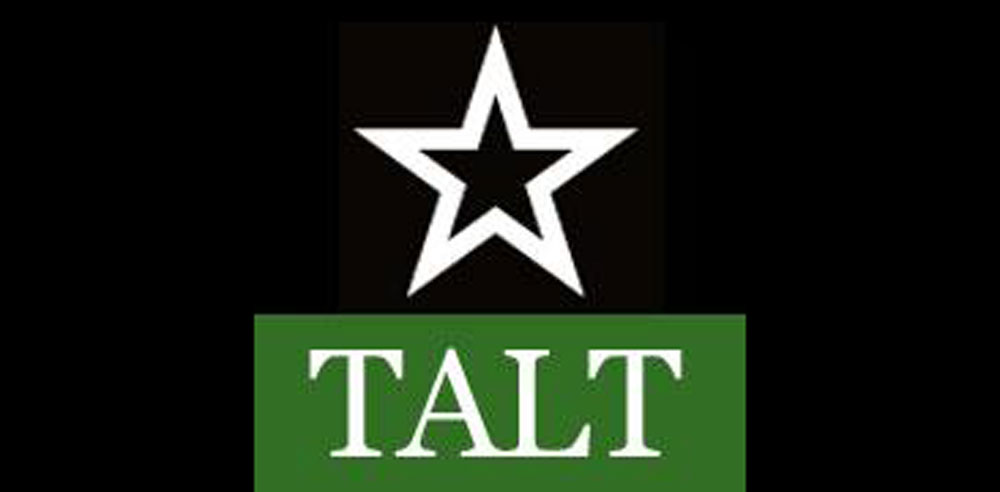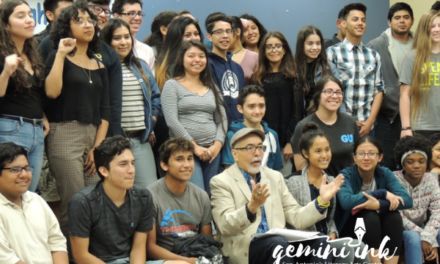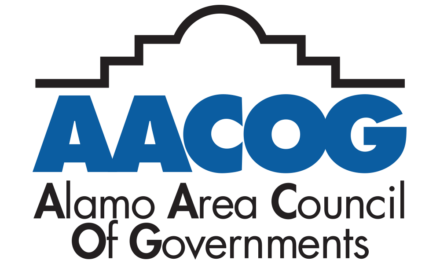November 2020 is going to be an exciting month. Yes, it will cap a tumultuous presidential election, but more importantly, deer season is open.
Hunting and ranching go together like steak and potatoes.
For many of us, it’s a time-honored tradition that was passed down from our parents and grandparents, and one that we now share with our children. A few hours in the deer stand can also offer a brief reprieve from a way of life that otherwise affords few opportunities for a vacation. Given the challenges we’ve faced this year, I suspect we can all appreciate a little time to reflect, clear our heads and reconnect with the land we cherish and care for every day.
Even if you’re not a hunter, you likely know how important wildlife management is to your property and cattle operation. Raising livestock means that we will inevitably have to deal with predation and nuisance species like feral hogs. However, there are also many opportunities to benefit from the more than 1 million hunters in Texas.
That’s why the Texas and Southwestern Cattle Raisers Association regularly hosts speakers on a variety of wildlife topics. Most recently, Texas Parks and Wildlife Departments’ executive director, Carter Smith, spoke to attendees at the Cattle Raisers Virtual Convention. He provided a wide-ranging update on department activities and wildlife conditions.
If you registered for the convention, you can still catch Smith’s full update on the event hub, but there was some good news to share. The outlook for both dove and deer was good, and hunting license sales were up, presumably as Texans look to escape the confinement of COVID-19.
The importance of wildlife is also why the association maintains a Natural Resources and Wildlife Policy Committee and actively engages on wildlife issues at both the state and federal level. The decisions made by lawmakers and agencies in both Washington and Austin can dramatically impact both your ability to hunt and manage the wildlife on your property.
One of the critical topics that the association will work on during the upcoming Texas Legislative Session will be the Sunset Review of TPWD, along with several other important state agencies.
In Texas, most state agencies are required to go through the sunset process every 12 years. The Texas Sunset Advisory Commission reviews each agency to ensure it is still needed, performing adequately and fulfilling the functions required of it by statute. The advisory commission then brings its recommendations to the full legislature.
The sunset process for TPWD began months ago, and thus far has played out as expected. Fortunately, no one can dispute the necessity of the agency and the valuable work they do. Still, some will try to use the sunset process as an opportunity to make changes that may be detrimental.
One such proposal will likely come from some in the captive deer breeding industry who want all monitoring and management of Chronic Wasting Disease moved to the Texas Animal Health Commission (TAHC). At present, the two agencies collaborate on the response. TPWD has the resources and responsibility for all native wildlife, while TAHC provides veterinary assistance and handles both domestic livestock and exotic species.
We are extremely lucky to have two very capable agencies with unique skillsets that are willing to work together to tackle the serious threat posed by Chronic Wasting Disease. The current collaborative approach works well, and we should not abandon it.
A realignment of agency functions could undermine that success and bring unintended consequences, such as significantly hampering the cattle-related work done at TAHC. They are simply not equipped as well as TPWD to manage the more than 4 million white-tailed deer that call Texas home.
The Texas and Southwestern Cattle Raisers Association has already been hard at work to prevent this move and will continue our advocacy as the sunset process moves forward. None-the-less, it is a perfect example of how the association works every day to protect the things that are important to our members.
Without the watchful eye of our government and public affairs staff in Austin, this issue may have escaped our notice until it was too late.
It is not just our association, though. Many groups and individuals play essential roles in protecting our property, wildlife and our way of life. Our leaders and staff regularly coordinate efforts with like-minded organizations like the Texas Wildlife Association and collaborate with lawmakers and agencies like TPWD.
Despite the overall positivity of Smith’s update at the Cattle Raisers Convention, there was also tragic news. In August, three TPWD employees lost their lives in a helicopter accident while conducting aerial surveys for desert bighorn sheep in far West Texas.
It was yet another somber moment in a difficult year that many of us are ready to leave behind. Still, even with all the trials and tribulations, there is much to be thankful for.
As you reflect upon all those things in the deer stand—or turkey blind—this November, I hope you will join me in taking a minute or two to remember Dewey Stockbridge, Brandon White and Dr. Bob Dittmar who lost their lives serving at TPWD, and to thank all those who work every day to protect the land, wildlife and way of life we love.
The Importance Of Wildlife In Ranching












